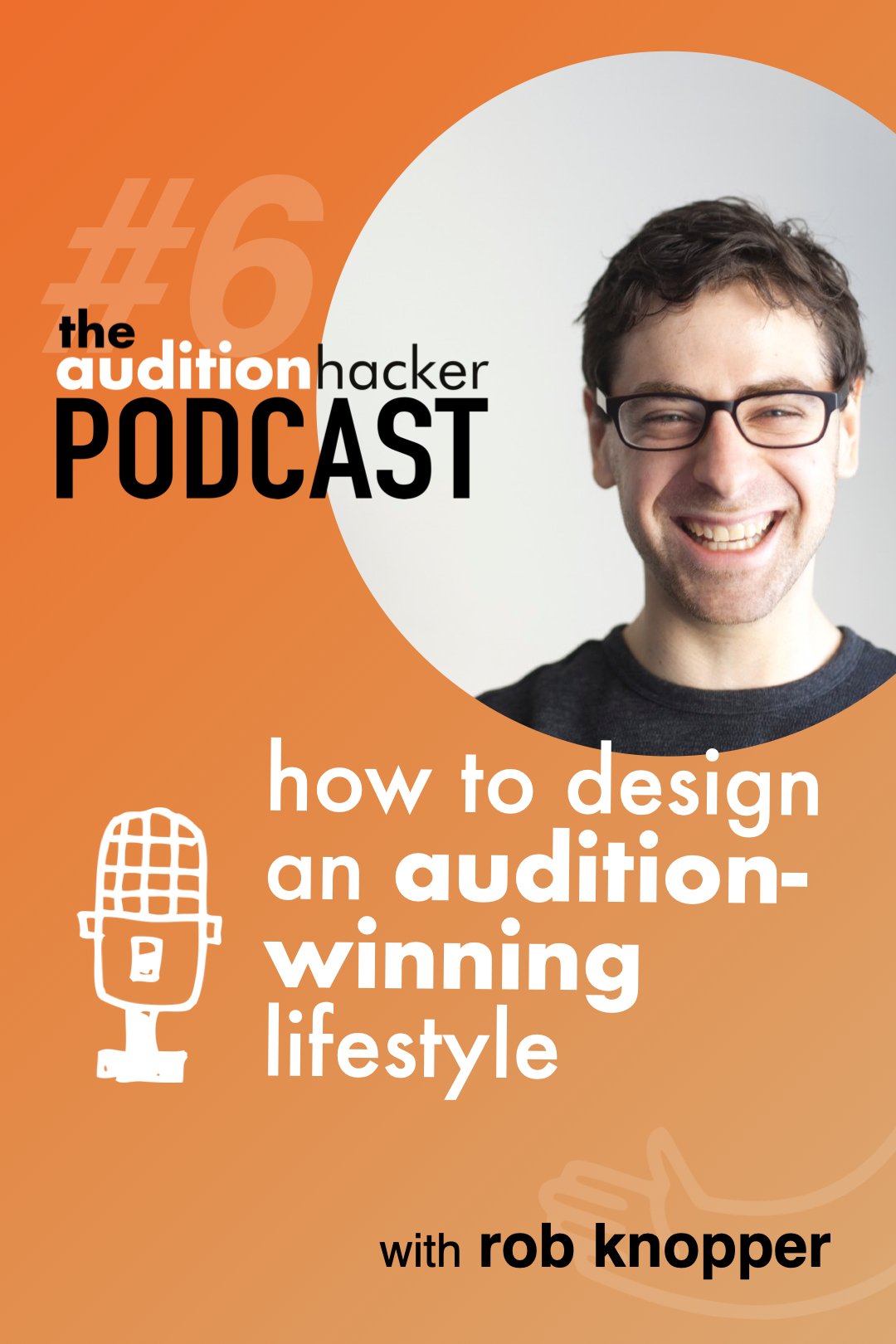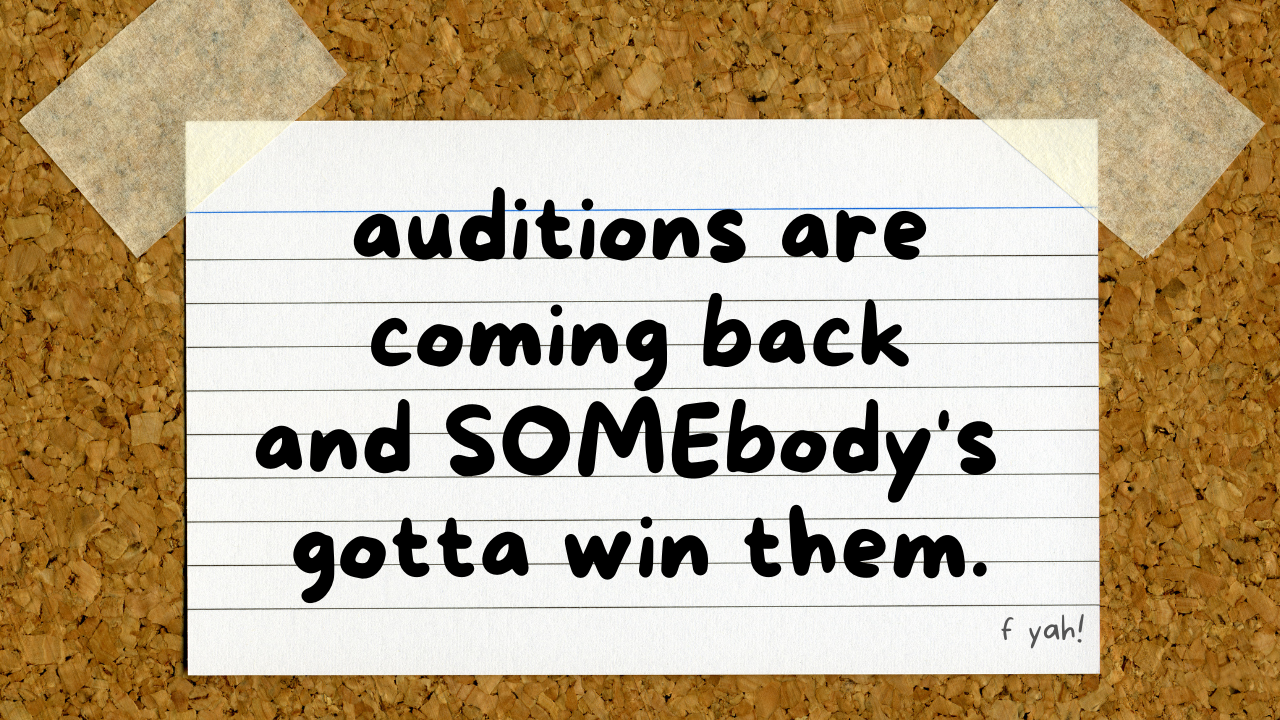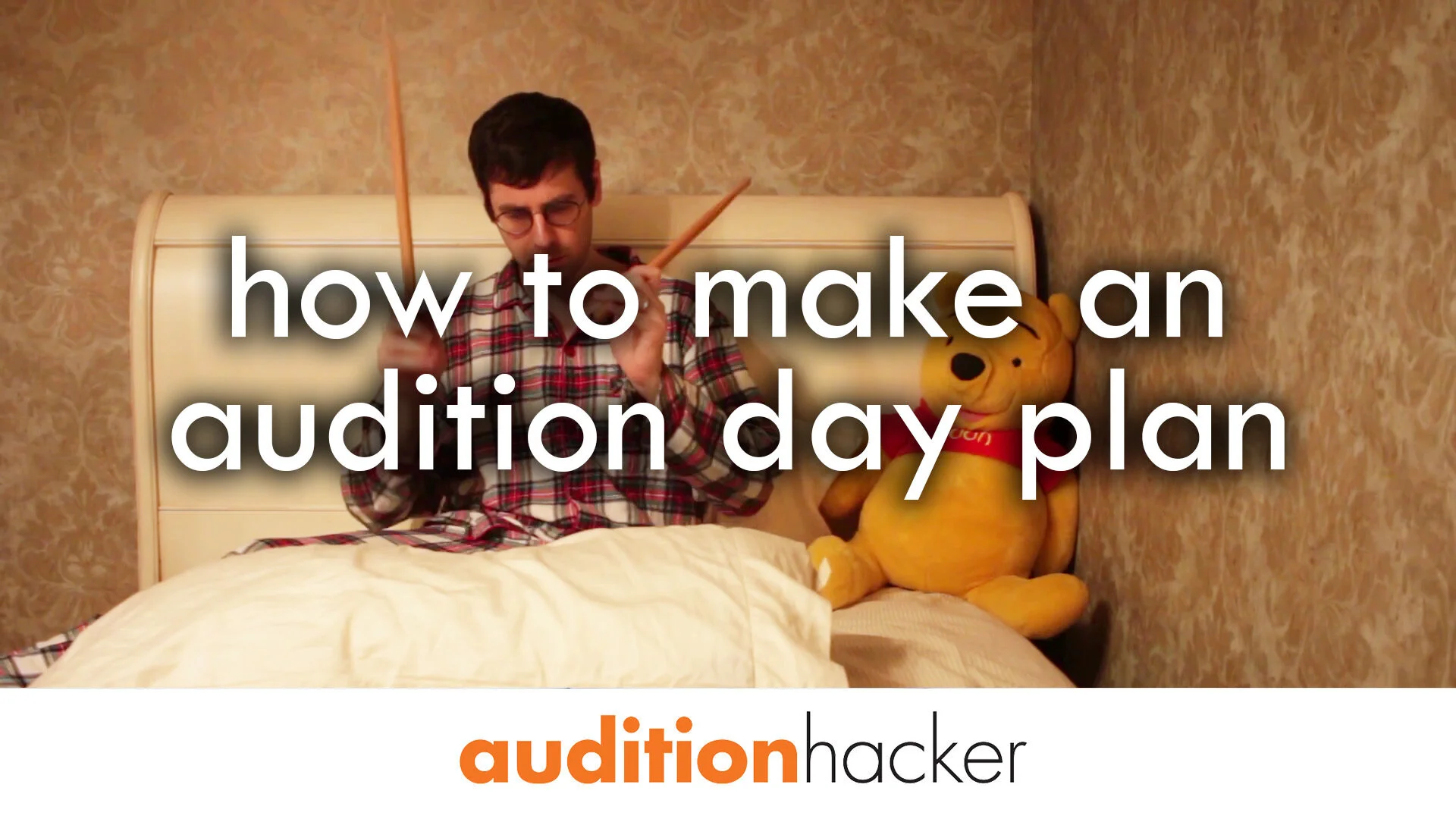two excuses i hear a lot about why people don’t record their audition:
they’re not allowed to, or
they don’t know where to hide the recording device.
hmm…. legit excuses, or not? what do you think?
the problem is that if you don’t record your audition, you’ll never know how you really sounded in the room.
you may think you know. but between the extra adrenaline and the nerves (which this website says can produce a "sense of doom” which i totally get), you’re not in your right mind at an audition.
to really understand what happened at your audition and what you can do about it, you need to listen to your actual audition recording and play it for others.
for instance, if you don’t have room for a bulky zoom recorder, or you’re not allowed to bring in a cell phone, what about a secret spy pen? james bond would approve:
in this video i’ll show you how to sneak a recording device into your audition.
i also compared 7 recording devices to see which one works best.
i tested two different pens, a heart necklace, and a USB key against some of the more standard recording devices.
so check out the results and listen to the difference in each recording device.
want to really know how
you sounded in the room?
check out these recording devices.














in 2019, a cellist named maria reached out to me about her audition struggles. on paper, she was the “worst audition candidate ever” (her words). she had 2 small children, a full-time teaching job, and hadn’t taken an audition in 4 years.